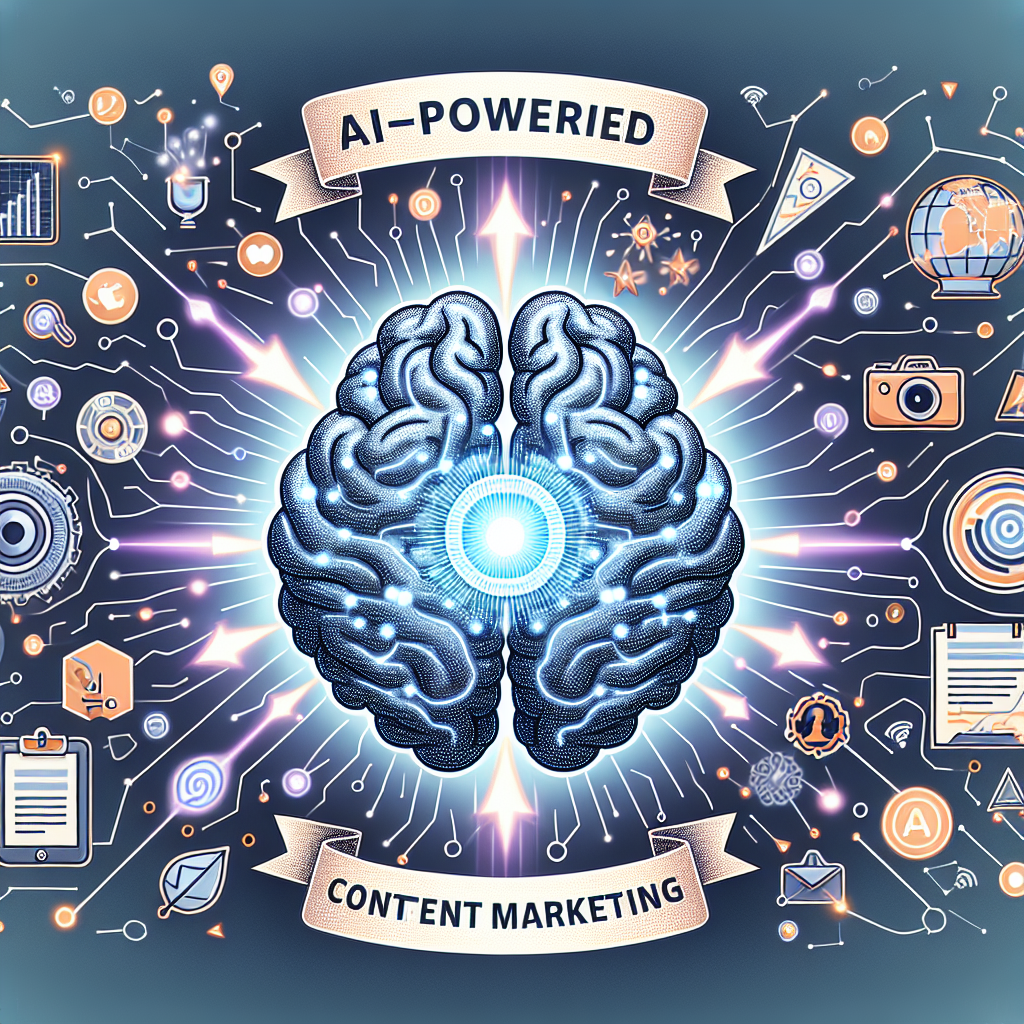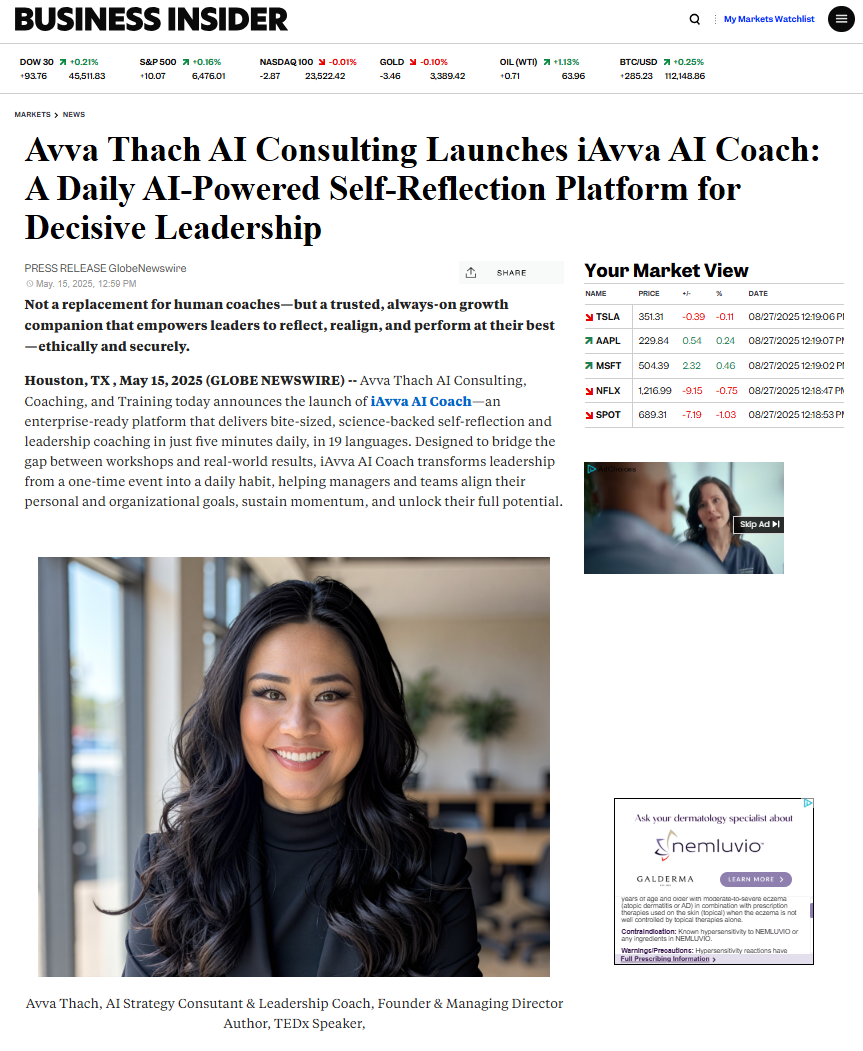Vinod Khosla, a prominent venture capitalist and co-founder of Sun Microsystems, has been a significant voice in the tech industry, particularly regarding artificial intelligence (AI). His insights into the current landscape of AI development are both thought-provoking and essential for understanding the future trajectory of this transformative technology. Khosla emphasizes the importance of innovation, risk-taking, and learning from past mistakes.
As AI continues to evolve, his perspectives provide a roadmap for navigating the complexities and opportunities that lie ahead. Khosla’s insights are particularly relevant as organizations strive to integrate AI into their operations. The potential for AI to revolutionize industries is immense, but it comes with its own set of challenges.
By examining Khosla’s views, we can gain a deeper understanding of how to effectively harness AI’s capabilities while avoiding common pitfalls. This article will examine the current state of AI in the tech industry, the impact of missed opportunities, and the importance of innovation and risk-taking in driving the development of AI. Download iAvva AI https://iavva.my-ai.coach/#/
Key Takeaways
- Khosla’s insights provide valuable perspectives on the current state of AI in the tech industry.
- The tech industry is currently experiencing an overheated environment in AI development, according to Khosla.
- Missed opportunities in AI development have a significant impact on the industry’s progress.
- Innovation and risk-taking play a crucial role in the development of AI technology.
- Learning from missed opportunities is crucial for advancing in the AI industry.
The Current State of AI in the Tech Industry
The tech industry is experiencing a rapid evolution driven by advancements in AI. Companies are increasingly adopting AI technologies to enhance efficiency, improve decision-making, and create personalized experiences for customers. According to a recent report by McKinsey, 50% of organizations have adopted AI in at least one business function, highlighting its growing significance in the corporate landscape.
This widespread adoption is not just a trend; it reflects a fundamental shift in how businesses operate. However, the current state of AI is not without its challenges. Many organizations struggle with integrating AI into their existing systems and processes.
A survey conducted by Deloitte found that 62% of executives identified a lack of skilled talent as a significant barrier to implementing AI. This skills gap can hinder innovation and slow down the pace of AI development. As Khosla points out, addressing these challenges is crucial for unlocking the full potential of AI.
The Impact of Missed Opportunities on AI Development

Missed opportunities in AI development can have far-reaching consequences for organizations and the industry as a whole. When companies fail to embrace AI technologies or invest in research and development, they risk falling behind their competitors. Khosla emphasizes that missed opportunities often stem from a reluctance to take risks or an inability to adapt to changing market conditions.
This hesitation can hinder innovation and prevent organizations from reaping the benefits that AI has to offer. For instance, consider the case of Blockbuster, which failed to adapt to the rise of streaming services like Netflix. By not recognizing the potential of digital transformation, Blockbuster missed an opportunity that ultimately led to its decline.
Similarly, companies that overlook AI’s potential may find themselves at a disadvantage as competitors leverage these technologies to gain a competitive edge. Khosla’s insights serve as a reminder that embracing change and seizing opportunities is essential for success in the rapidly evolving tech landscape.
Khosla’s Perspective on the Overheated Environment in AI
| Metrics | Data |
|---|---|
| Number of AI startups | Over 10,000 |
| Amount of AI investment | Billions of dollars |
| AI job openings | Millions |
| AI patents filed | Thousands |
Khosla has expressed concerns about the “overheated environment” surrounding AI development. He argues that while enthusiasm for AI is warranted, it can lead to unrealistic expectations and hype that may not align with the technology’s current capabilities. This disconnect can result in disillusionment when AI fails to deliver on its promises.
Khosla advocates for a more measured approach to AI development, one that balances ambition with realism. In this overheated environment, it is crucial for organizations to focus on practical applications of AI rather than getting caught up in the hype. Khosla suggests that companies should prioritize projects that demonstrate clear value and impact rather than pursuing every trend that emerges.
By doing so, organizations can avoid the pitfalls associated with overpromising and underdelivering, ultimately fostering a more sustainable approach to AI development.
The Role of Innovation and Risk-Taking in AI Development
Innovation and risk-taking are fundamental components of successful AI development. Khosla believes that organizations must cultivate a culture that encourages experimentation and embraces failure as a learning opportunity. This mindset is essential for driving breakthroughs in AI technology and finding new applications that can transform industries.
For example, companies like Google and Amazon have thrived by fostering environments where innovation is encouraged. They invest heavily in research and development, allowing teams to explore new ideas without fear of failure. This approach has led to significant advancements in AI, from natural language processing to machine learning algorithms.
Khosla’s perspective underscores the importance of creating an organizational culture that values innovation and supports risk-taking as a means of driving progress in the AI space.
Addressing the Challenges and Opportunities in the AI Industry

The AI industry faces numerous challenges that must be addressed to unlock its full potential. One significant challenge is the ethical implications of AI technologies. As AI systems become more integrated into decision-making processes, concerns about bias, privacy, and accountability arise.
Khosla emphasizes the importance of prioritizing ethical considerations when developing and deploying AI solutions. At the same time, these challenges present opportunities for innovation. Companies that proactively address ethical concerns can differentiate themselves in the market and build trust with consumers.
For instance, organizations that implement transparent algorithms and prioritize data privacy can gain a competitive edge by demonstrating their commitment to responsible AI practices. Khosla’s insights highlight the importance of viewing challenges as opportunities for growth and differentiation in the rapidly evolving AI landscape.
The Importance of Learning from Missed Opportunities in AI
Learning from missed opportunities is crucial for driving future success in the AI industry. Khosla advocates for a reflective approach that encourages organizations to analyze past mistakes and identify areas for improvement. By understanding what went wrong in previous initiatives, companies can make more informed decisions moving forward.
For example, organizations that have previously invested heavily in AI projects without clear objectives may need to reevaluate their strategies. By conducting post-mortems on these initiatives, they can identify key lessons learned and apply them to future projects. Khosla’s perspective emphasizes that embracing a culture of continuous learning is crucial for fostering innovation and ensuring long-term success in the rapidly evolving world of AI.
Moving Forward in the AI Industry
As we look ahead to the future of the AI industry, Khosla’s insights provide valuable guidance for HR leaders, IT executives, and digital transformation champions. Embracing innovation, taking calculated risks, and learning from past experiences are essential components of successful AI development. By fostering a culture that prioritizes these principles, organizations can navigate the complexities of the tech landscape and unlock the full potential of artificial intelligence.
In conclusion, the journey toward effective AI integration is ongoing. Organizations must remain vigilant in addressing challenges while seizing opportunities for growth and innovation. By heeding Khosla’s insights and adopting a proactive approach to AI development, companies can position themselves for success in an increasingly competitive environment.
The future of AI holds immense promise, and those who are willing to learn from missed opportunities will be best equipped to thrive in this exciting landscape.










Leave a Reply